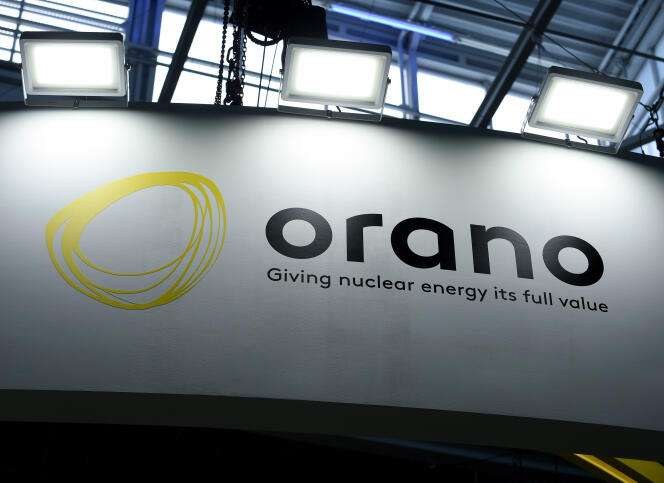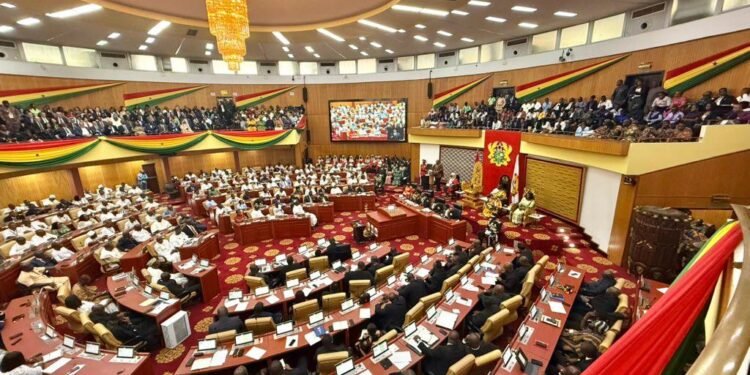Niger’s military government has revoked the operating license of French nuclear fuel producer Orano at one of the world’s largest uranium mines, reflecting deteriorating relations with France.
Orano confirmed it had been ordered to cease operations at the Imouraren mine in northern Niger.
This site is estimated to hold around 200,000 tonnes of uranium, a critical element for both nuclear energy and weaponry.
The Nigerien Ministry of Mining had previously warned that Orano’s license would be revoked if development activities had not commenced by June 19.
In response, Orano stated it had resumed activities at the site, reopening infrastructure to accommodate construction teams, in alignment with the government’s requirements. The current government came to power following a coup in July last year.
Mining at Imouraren was originally scheduled to begin in 2015 but was delayed due to the collapse of global uranium prices after the 2011 Fukushima disaster in Japan.
The license revocation could have broader geopolitical implications. Relations between Niger and France have significantly deteriorated since last year’s coup.
According to Ahmed Idris, the Nigerien government ordered the French ambassador to leave, which was followed by the expulsion of several hundred French soldiers and the closure of all French military bases in Niger.
Since the coup, the new government has increasingly sought support from Russia and Iran, pledging to review all foreign mining concessions. According to Idris, this move appears to be targeting French interests specifically.
“Russian companies have indicated an interest in the uranium mining site in Imouraren and we’ve seen also a flurry of activities between Russian businesses and … Russian mercenaries in Niger, which could point to the direction where this new license … may be headed to.”
Ahmed Idris
Orano has maintained a presence in Niger since 1971. While its uranium mine in Arkokan closed in 2021, the company continues to operate another mine in Arlit, despite facing logistical challenges.

Niger, which supplies about a quarter of the natural uranium to Europe, is a landlocked country. The closure of its border with Benin, its main access to the sea, has further complicated mineral exports, which the government attributes to security concerns.
Orano expressed willingness to maintain open communication channels with Nigerien authorities while reserving the right to contest the license withdrawal in national or international courts.
Niger’s Mineral Wealth and Poverty
Niger holds the world’s fourth-largest uranium reserves, approximately 7% of the global total.
Despite being a major uranium exporter, the country faces significant challenges in converting its resource wealth into economic development. Uranium accounts for about 70% of Niger’s exports but contributes only 5% to the national GDP.
The government’s share of uranium revenue remains minimal despite the substantial export volume. In 2019, uranium exports generated around $300 million, representing approximately 5% of government revenue.
Despite its uranium wealth, Niger struggles with chronic hunger, malnutrition, and poverty.
Moreover, approximately 60% of Nigeriens live below the national poverty line, and the country ranks among the poorest globally. High birth rates, recurrent droughts, climate change, and the presence of radical groups exacerbate the nation’s poverty issues.
As such, the decision to revoke Orano’s license is not only a significant development in Niger’s mining sector but also a reflection of the shifting geopolitical landscape.
As Niger distances itself from its former colonial power, it remains to be seen how these changes will impact the country’s economy and its international relations.
READ ALSO: Brent Crude Rises Toward $86 Amid Geopolitical Tensions























